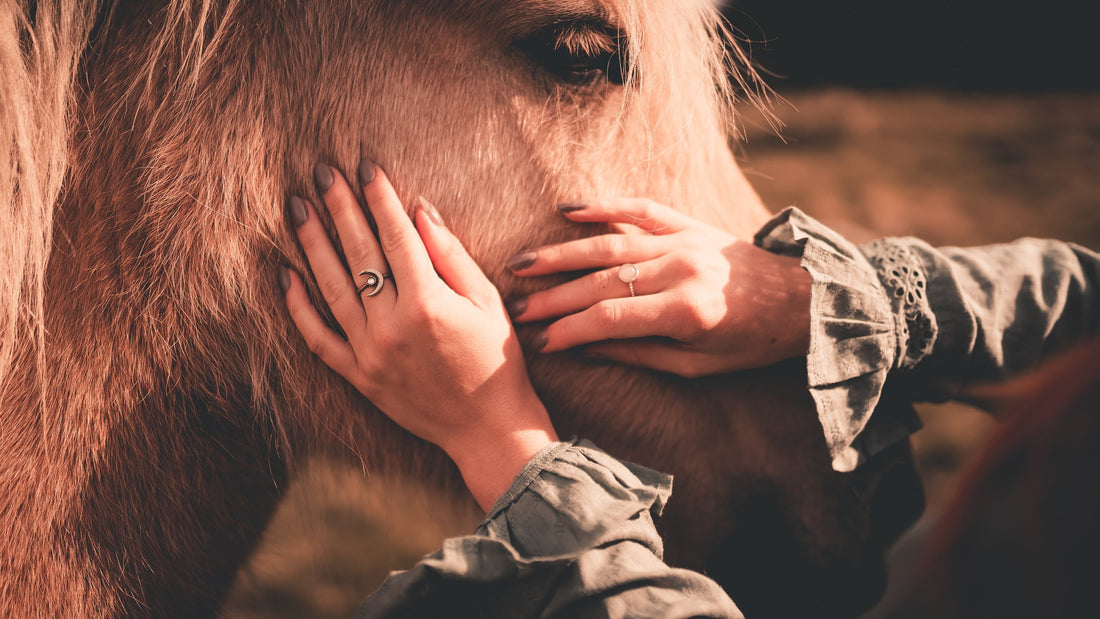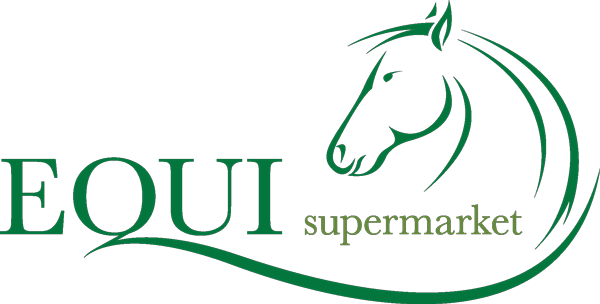The answer to this question may depend upon the meaning of emotional attachment and what kind of capacity horses have for this and if this is similar to the capacity dogs have. It would also, in a number of cases, depend upon the human's interaction with the horse. An emotional attachment may be defined as a connection with someone or something in such a way that you experience a range of feelings when there is any contact or absence. Horses and humans may develop a connection or trust through contact or riding or by way of grooming / care. They may show signs of recognition when you or other humans approach them. When there's other horses involved or when an owner decides to adopt another horse, the horse may show signs of possession or jealousy as another horse has moved in on their territory. Obviously this does not mean that what the horse is doing is as a result of them becoming emotionally attached to their owner as this may just be a reaction to another animal in their territory. In respect of the way we interact with our horse it is important to note that the way we approach them and talk to them this can at the very least reinforce certain behaviours if nothing else. Approaching a horse in an aggressive way and shouting commands and orders will yield far worse results than if you place a comforting hand on their flank and speak to them gently. They will learn to listen to what you are saying and understand basic cues and commands and will obey but possibly only by reinforcement and learning to trust you. The trust may then allow the horse to form a bond with you. Understanding our own emotions and the way we react to certain stimulus may help us to understand horse's responses and their intentions as it is very similar. We may react badly to a fright or to periods away from our loved ones and you may notice that the horse will react badly to this also and similarly we may approach people we recognise as the horse will gallop to you once they recognise you arriving. It is fair to assume from these examples that they have a certain capacity for emotional responses and that they are attached to you in some sort of way. In comparison, there is evidence to suggest that there is a correlation between a dog's emotional connections to their owner and being fed and cared for. How could we know that the dog is attached to you or just learning to respond to you via reinforcement methods possibly like horses? They know when to expect their food every day therefore this may be something they respond to with affection. After all, surely it's fair to assume they wouldn't respond badly to someone who feeds them. Dogs themselves may differ in their reactions and responses from horses. They have been observed and known to wait and pine at doors waiting for their owners to return. You may notice that they react sadly or aggressively when someone else or other animals try to get the attention of their owner. There is even evidence to suggest that dogs can sense their owner's sadness and even smell low blood sugar in humans. They may try and stay around you and 'ask' to be hugged or try to sit with you which are clear signs of a bond. Dogs have also been known to pine and 'mourn' the loss of their owners when they die by clearly displaying symptoms of distress and loss i. e. staying close to their owner's grave or whining and even refusing to eat. So taking all of this into account, it's fair to presume that there is some sort of indication of a bond or emotional attachment between dog and owner. There are certain similarities in dogs and horses which may indicate that horses do have emotional connections as already explored but possibly some differences which are explored further below. Some dog breeds are developed as 'working' dogs where they are encouraged to do a particular job and they rely on human cues and reinforcement to do the job which may naturally result in an attachment to that one person. Similarly horses have a herd mentality where they like to socialise and lean on each other for comfort and protection. When horses are kept, training methods work to teach the horse that the human is the herd leader. This results in a close relationship with the human who they then learn to trust as if the human were part of the herd. Also we take dogs for walks which is a stimulating activity and can help you to bond with your pet. The walk is beneficial to both parties as it is good exercise for both. We interact with horses in similar ways as they must still learn to trust us if we are to train and ride them. In some respects the horse looks to us for approval and prompts like they might do with their herd leader. This can indicate trust and emotional bonding but also more of a clinical working relationship as it is the benefit that the human gets from the riding that is the main difference between relationshipsConclusively, humans can bond with their horses and dogs but on different levels and in different ways. Dogs clearly show separation anxiety in some cases from one particular owner and can show possessive traits. Horses, whilst they do recognise and force some sort of relationship with owners, have a much more herd-like mentality to their relationships. Their excellent memories remind them that we are there to feed and care for them and that with careful training they can recognise prompts whilst being trained or ridden but essentially the relationship is one of understanding. This is not to say that there are no bonds between humans and horses, as explored above, but it appears that dogs are able to form a closer attachment than horses do.


